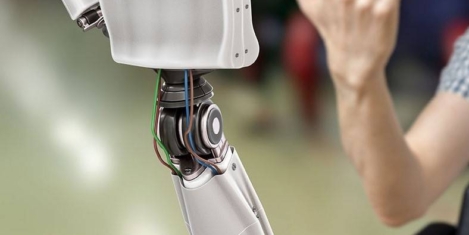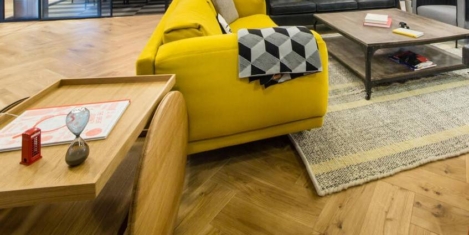March 13, 2018
Over half of younger managers prefer using digital communications to deal with staff
 Online messaging is the most common way for millennial bosses to communicate with their direct reports, with over half (55 percent) preferring to use this digital method, followed by email at 28 percent, a new survey claims. Only 14 percent said their favoured way to communicate is in person, and 3 percent said via phone. As millennials (born 1981-1996) increasingly moving into management positions, the new Korn Ferry survey also found that when interviewing for management positions, millennials say that making an impact on organisational culture is most important to them, with salary being the least important. The survey also found that compared with Gen Xers and Baby Boomers, knowing what is coming next is critical for millennial bosses. Nearly three quarters (74 percent) said a clear advancement path (e.g. next two positions) is more important for millennial bosses, with 49 percent saying it is much more important.
Online messaging is the most common way for millennial bosses to communicate with their direct reports, with over half (55 percent) preferring to use this digital method, followed by email at 28 percent, a new survey claims. Only 14 percent said their favoured way to communicate is in person, and 3 percent said via phone. As millennials (born 1981-1996) increasingly moving into management positions, the new Korn Ferry survey also found that when interviewing for management positions, millennials say that making an impact on organisational culture is most important to them, with salary being the least important. The survey also found that compared with Gen Xers and Baby Boomers, knowing what is coming next is critical for millennial bosses. Nearly three quarters (74 percent) said a clear advancement path (e.g. next two positions) is more important for millennial bosses, with 49 percent saying it is much more important.








 Work is no longer a place but a set of activities which lead to a set of outcomes that could be delivered anywhere. Or as John Blackwell, Quora Consulting’s Managing Director succinctly described it at the first of the 2018 Quora Smartworking Summit’s held last week, organisations need to create a ‘smart everywhere’ environment. New digital platforms make far it easier for people to work in exactly the way they want. Research by Quora has revealed that there are 5 million people currently working in the UK gig economy or around 15.6 percent of the total workforce. More people are working post retirement age and want to work in a way that they can control, while there are increasing numbers who simply want more autonomy in their lives in the way that self-employment can offer.
Work is no longer a place but a set of activities which lead to a set of outcomes that could be delivered anywhere. Or as John Blackwell, Quora Consulting’s Managing Director succinctly described it at the first of the 2018 Quora Smartworking Summit’s held last week, organisations need to create a ‘smart everywhere’ environment. New digital platforms make far it easier for people to work in exactly the way they want. Research by Quora has revealed that there are 5 million people currently working in the UK gig economy or around 15.6 percent of the total workforce. More people are working post retirement age and want to work in a way that they can control, while there are increasing numbers who simply want more autonomy in their lives in the way that self-employment can offer. 


























March 13, 2018
Many office furniture firms remain confused about social media and online communication
by Colin Watson • Comment, Furniture, Workplace design
(more…)